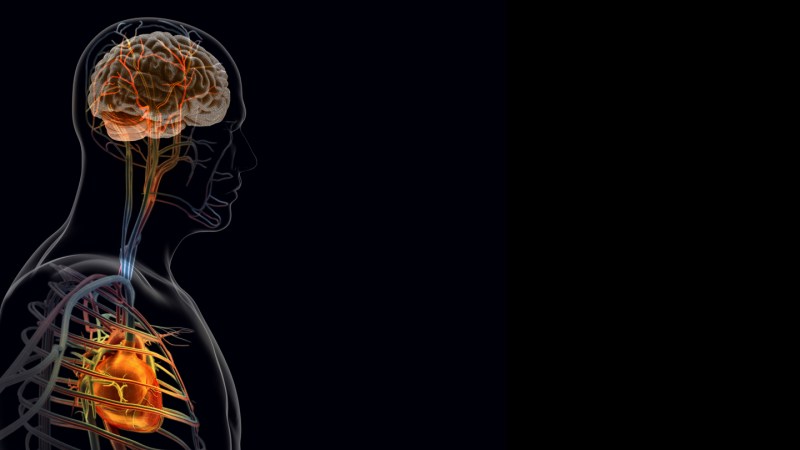Some probiotics could feed, rather than fend off, infections
Probiotics containing Lactobacillus gasseri Lg-36 prevented C. difficile infections in mice, but L. acidophilus probiotics made infection more likely.

Two lines of Lactobacillus had reverse effects on C. difficile infections in mice
Many of us bask in yogurt or elevate probiotic supplements on narrative of Lactobacillus bacteria in these products were linked to improved intestine neatly being. However a brand new scrutinize in mice reveals that species of Lactobacillus can accept as true with reverse effects on a pathogen's ability to invade the intestine.
3sign / Getty Photos

Probiotics aren’t universally intestine-friendly, a scrutinize in mice suggests. A minimal of 1 kind of in overall precious intestine bacteria may invite an undesirable guest.
A single dose of Lactobacillus acidophilus bacteria, a most well liked probiotic ingredient found naturally in milk and yogurt, can develop it less difficult for Clostridioides difficile to elevate preserve in the center of mice that were lately treated with antibiotics, researchers report July 21 in mBio. In disagreement, one more tension of probiotic microbe known as Lactobacillus gasseri Lg-36 helped mice resist infection by C. difficile, a pathogen that will motive excessive and most frequently life-threatening diarrheal disease after taking antibiotics.
Each Lactobacillus microbes were chosen for the scrutinize on narrative of of their identified precious effects on intestine neatly being, says Matthew Foley, a microbiologist at North Carolina Teach College in Raleigh. He and colleagues expected the bacteria to accept as true with subtle differences of their ability to fend off the pathogen but were stunned to search out that “they were basically diametrically adversarial.”
L. gasseri Lg-36 has additional copies of genes for making antibacterial peptides that will straight fight C. difficile, the researchers came upon. No longer all L. gasseri lines accept as true with equal numbers of antibacterial peptide genes, exhibiting that the suppose tension matters, says N.C. Teach microbiologist Rodolphe Barrangou.
L. gasseri Lg-36 also encouraged the advise of Muribaculaceae bacteria. Muribaculaceae scavenge for the the same sorts of meals that C. difficile prefers, successfully ravenous the competitors. In disagreement, L. acidophilus may inadvertently feed the pathogen by breaking down proteins into amino acids C. difficile wants to develop.
Those indirect effects lasted lengthy after L. gasseri Lg-36 handed by means of the mice’s guts, the researchers found. That finding that even temporary residents of the intestine can stir away a lengthy-lasting label is underappreciated, Barrangou says.
The staff hasn’t but tested blends of more than one species of Lactobacillus that resemble probiotics americans may aquire. And the mouse results may no longer be straight acceptable to humans, the researchers lisp. Lines and species listed on probiotic labels may behave in a single more way looking on whether or no longer a particular person is wholesome or ill, the suppose blend of bacteria in the probiotic, and the microbes already in the particular person’s intestine, Barrangou says. “No longer all probiotics are the the same, no longer all diseases are the the same…. No longer all outcomes are the the same.”
Extra Tales from Science News on Health & Medication
What's Your Reaction?




















































